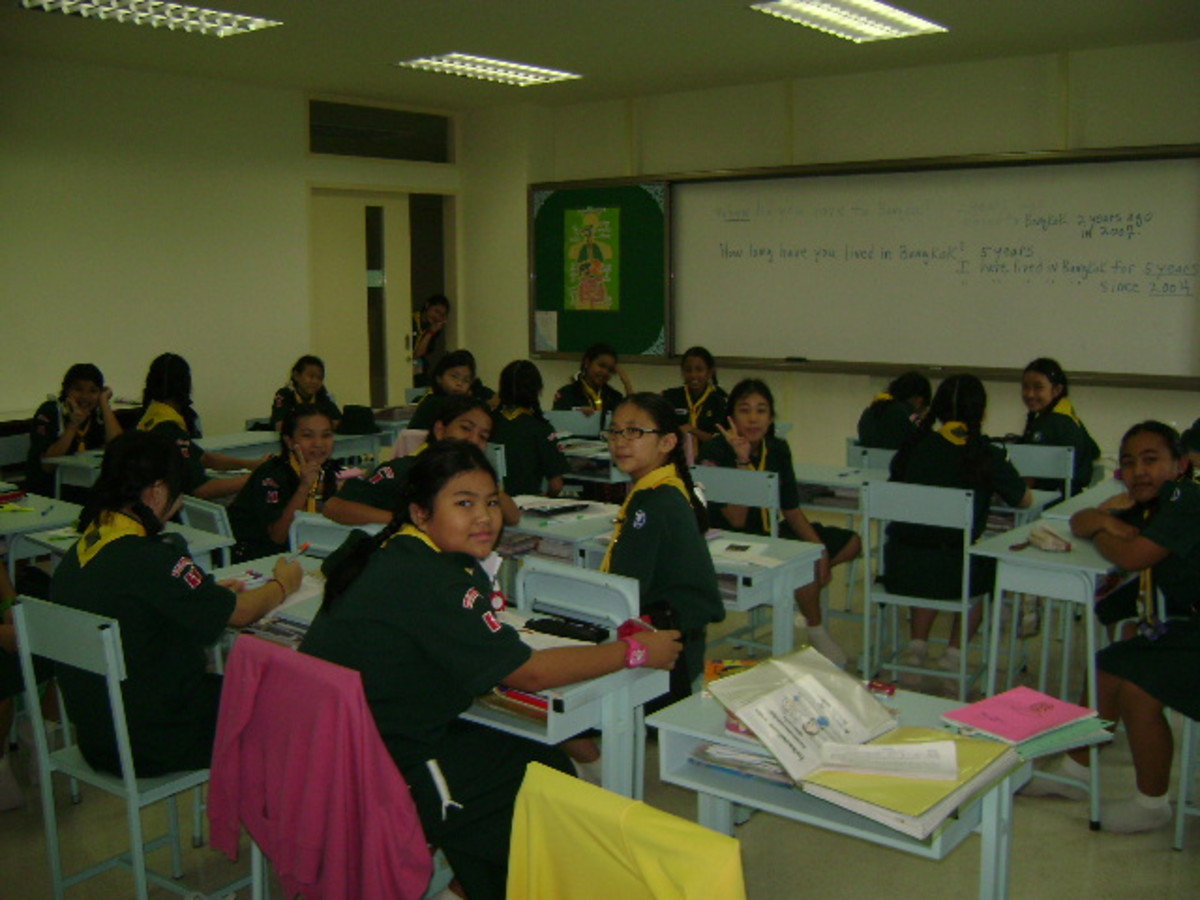Importance of Curriculum Development and Teaching Philosophy

Integrating a Teaching Philosophy with the Curriculum
Teachers sometimes struggle to bring their personal teaching philosophy in harmony with that of the school and textbook. This is particularly difficult for the Christian teacher working in the public school, because the textbook focuses on more secular ideas than those of a Biblical nature.
Regardless of where a teacher works, he must strive to do his best in preparing students for their future needs, while focusing on the current situation. Education is like a house, you need a good foundation. Thus, teachers must focus on the foundational issues in order to have strong students.
When teachers fail to adequately prepare for the classroom curriculum it not only damages the testimony of the teacher, but it hinders the potential learning of the students. In that regard, teaching is a relationship between what the teacher wants to convey, and what the students need to learn.
Teachers should recognize that their actions often speak louder than words, meaning that the manner a teacher presents material is also a reflection on what the teacher tings about the subject matter. The teacher who has not considered how to teach a concept, or who has not considered alternate ways of presenting material ultimately shows students that he does not care about his own reputation or the learning process of the student.Teachers cannot simply "go through the motions" of teaching; they must be actively involved in the process.
When students see that a teacher is not passionate, they may infer that the information is not very important in their overall aspect of learning, and therefore not important to the course or their life. Failing to adequately plan for and teach concepts not only hinders the student educationally, in that she may not understand concepts, but it may create a student who is apathetic or does not try her best when completing coursework.
Of particular interest of this writer, is the concept of learning preferences. Since not all students learn best in the same manner, teachers would be most effective in the class when when explaining concepts using multiple learning methods. For example, instead of just lecturing about a topic, teachers should lead classroom discussions, assign videos and integrate projects that involve the senses. In this writer’s opinion, a teacher who does not teach the curriculum from varied viewpoints, from several teaching methods has not adequately prepared to teach the material, and has shirked his duty as a teacher.
Knight (2006) suggests the metaphysical implications of education, recognizing how God has had a hand in human history. As a Christian educator, this writer plans to integrate God’s thoughts on the subject matter and help students understand the moral implications of their decisions (Knight, 2006, p. 19). This writer also appreciates what Knight says about the importance of education from a Biblical viewpoint. Indeed, schools programs ought to be “based upon fact and reality rather than fancy, illusion, or imagination” (Knight, p. 19).
References
Knight, George R. (2006). Philosophy & education: An introduction in Christian perspective. Berrien Springs, MI: Andrews University Press.









